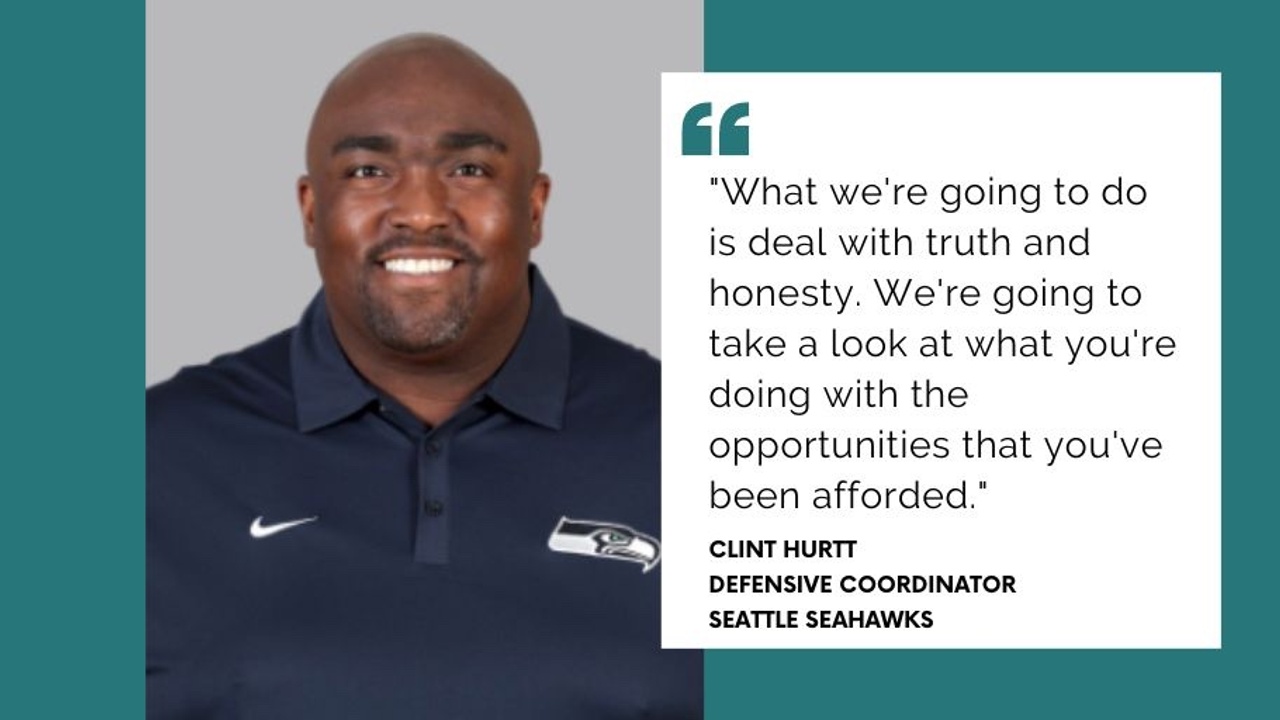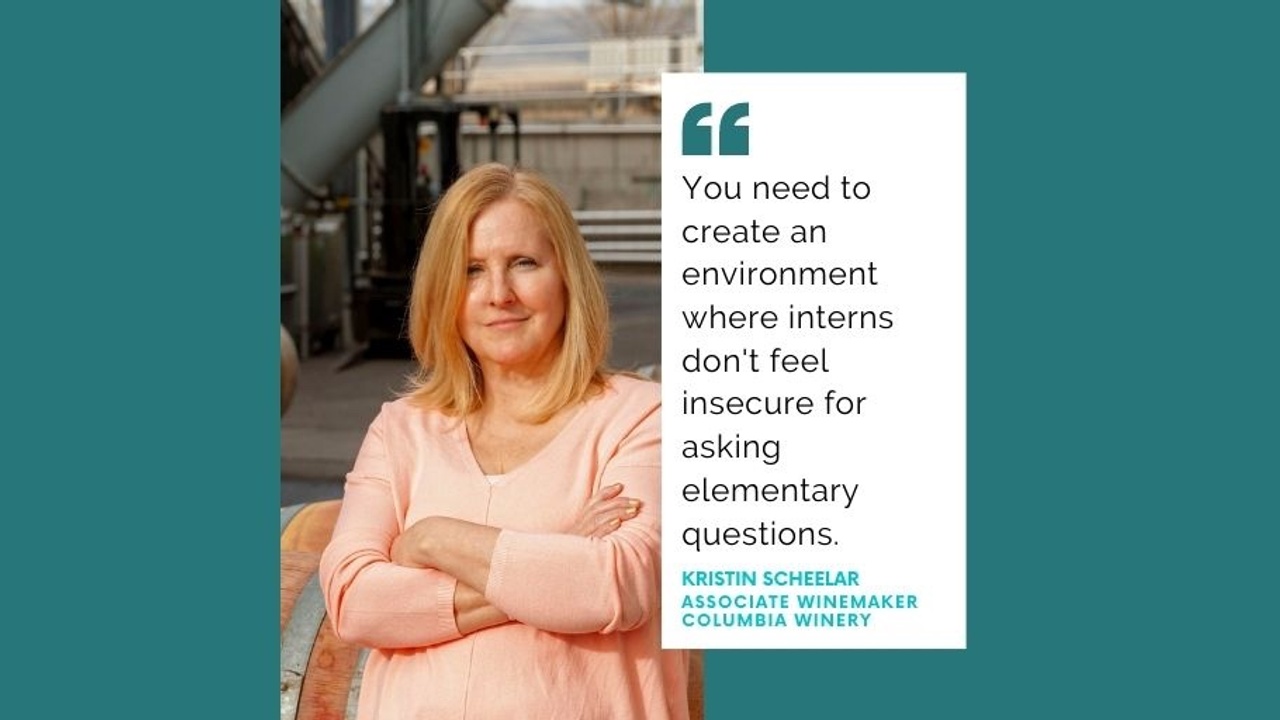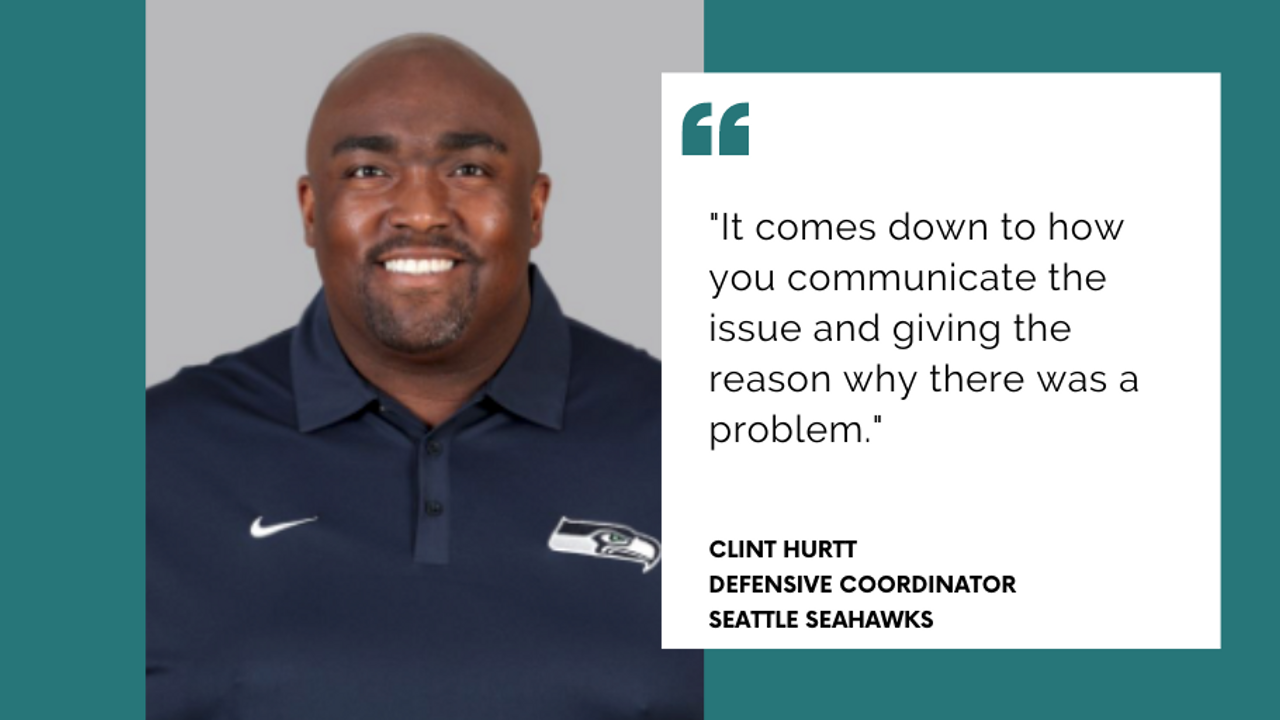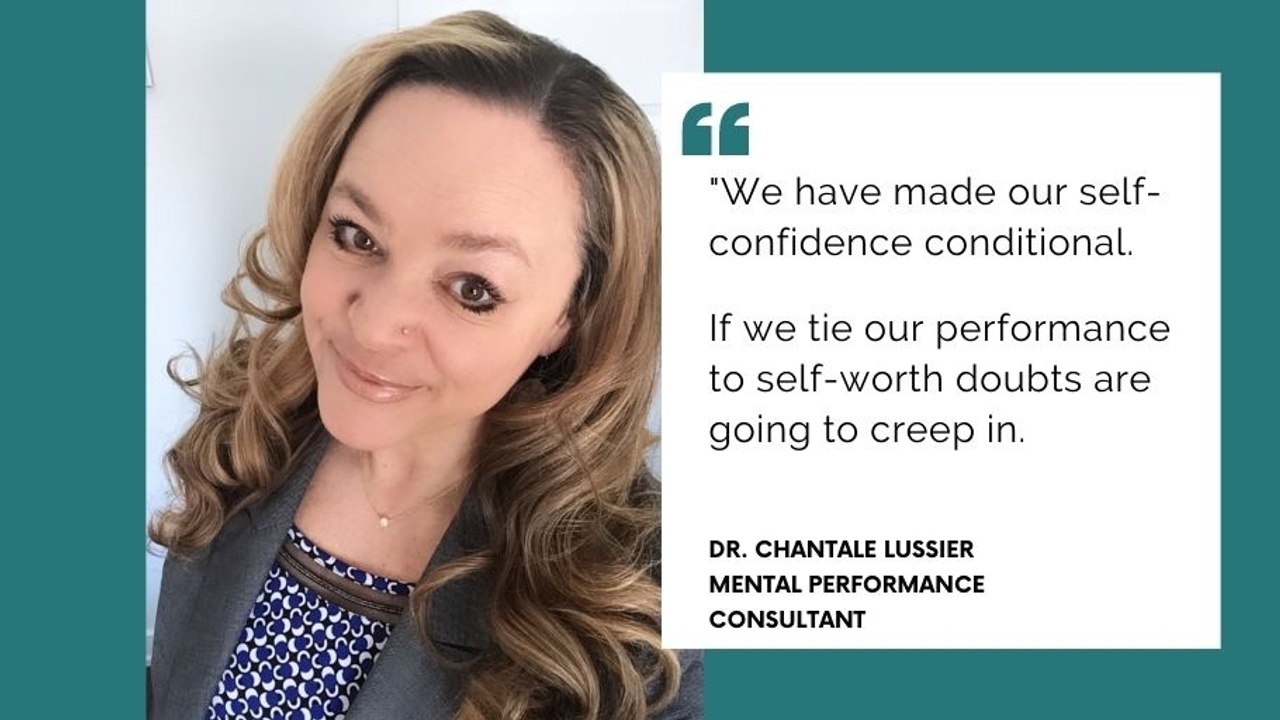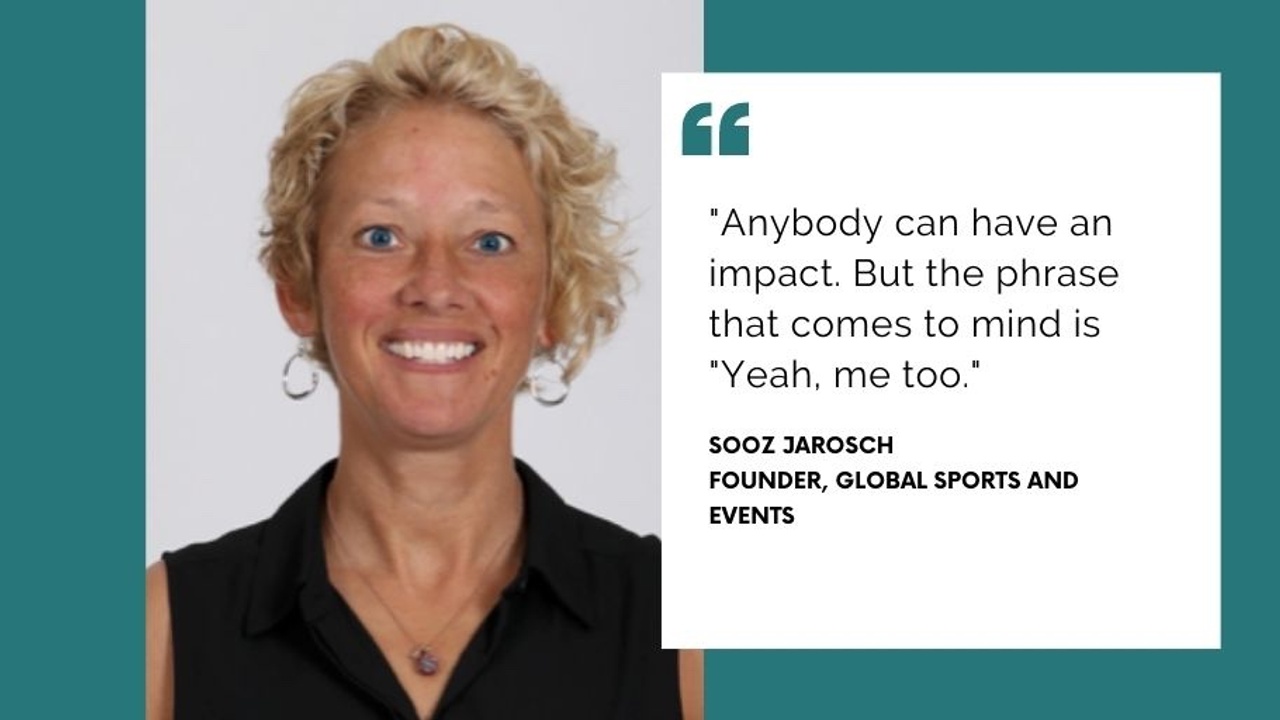In traditional business settings there’s performance review “seasons.” In sports, every game during a season offers its own performance review. Certai...
There’s value in being in a space where you can watch someone work. Learn from their example. But there’s additional value in having conversations thr...
Forget about it and move on. That's one way to respond when things haven't gone according to plan, but if we're talking about conversations and person...
I don't have time to be emotional. Heck, in my line of work I can't afford to be "emotional." As a woman working in sports that's one of the quickest ...
Your resume is a reflection of your skill level, not your leadership ability.
Sure, there are leadership aspects that come through in the jobs you've...
Strong personalities can be an asset for any team. Often those team members are driven, ambitious, competitive and confident in their skills. They wan...
Often in effective business communication less is more.
A more concise email gets read. Shorter meetings can increase engagement. And simply m...
You are not your successes or failures. You are not your accomplishments or disappointments.
It doesn't always feel like that but it's an important ...
People follow people, not plans.
Your credentials are important for getting the job, but when it comes to leading, inspiring and motivating your tea...
I love the idea of a fresh start at the beginning of the... and then the “what if’s” set in. Am I the only one?
The end of the year is always a time of reflection. It's a time to evaluate what worked what didn't. Where you had success and where you can be even m...
Not every leadership role is a “starring” role. There are supporting roles, in fact, that might fit your personality and skillset more than being fron...

